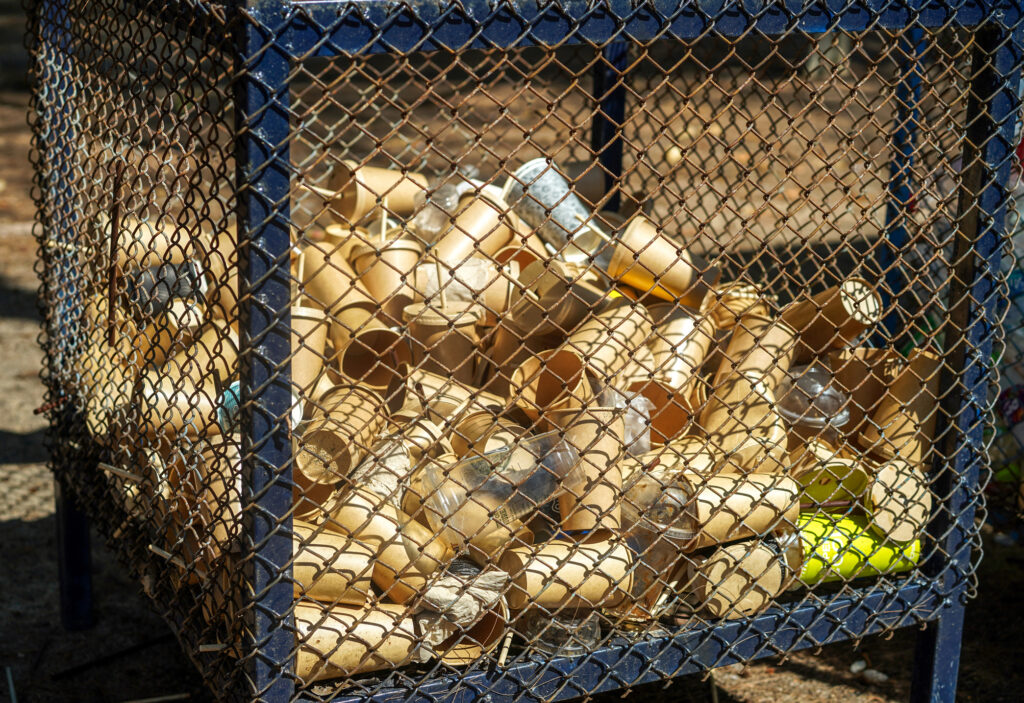The Top 3 Hidden Costs of Running a Café in Southern California
WHAT YOU NEED TO KNOW

Waste Management: Hidden Fees for Trash and Recycling
Running a café means dealing with a lot of waste—from coffee grounds to food scraps, not to mention the packaging. Many café owners don’t realize just how much waste management can cost until those bills start rolling in. Southern California has strict regulations on waste disposal and recycling, which means you could be paying extra for services like composting or hazardous waste removal. CalRecycle notes that compliance with state recycling laws can come with additional fees and operational changes.
What You Can Do:
- Reduce waste where possible: Implement practices like composting coffee grounds or using recyclable materials.
- Shop around for waste management services: Don’t just go with the first quote—compare options to find the best deal.
Labor Costs: Beyond the Minimum Wage
California’s minimum wage is already one of the highest in the country, but that’s just the beginning. Between mandatory overtime, health benefits, and paid sick leave, labor costs can quickly spiral out of control. Plus, in a competitive market like Southern California, you might need to offer perks like free meals or bonuses to attract and retain top talent.
What You Can Do:
- Automate where you can: Consider using technology to streamline operations, reducing the need for extra staff.
- Create a strong culture: Invest in training and team-building to reduce turnover, which can be a hidden drain on your resources.


Parking Woes: The Unexpected Cost of Convenience
In Southern California, parking can be a nightmare—not just for your customers, but for your wallet too. Real estate is expensive. Whether you’re in a bustling urban area or a quieter suburban spot, the cost of providing parking or dealing with limited spaces can add up quickly. In high-traffic areas, you might have to lease additional parking spaces or invest in valet services to keep customers happy. According to the City of Los Angeles, parking requirements can vary, and not meeting them could mean costly fines or losing customers to more accessible locations .
- Scout your location carefully: Look for spots with ample parking or nearby public transport options.
- Consider shared parking agreements: Partner with nearby businesses to share parking spaces and reduce costs.
